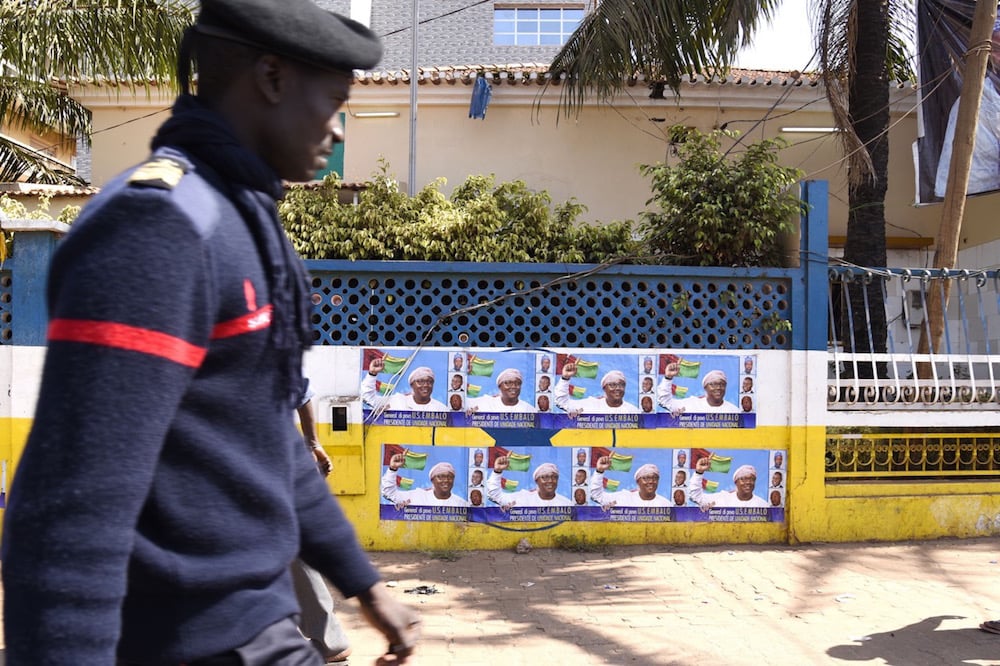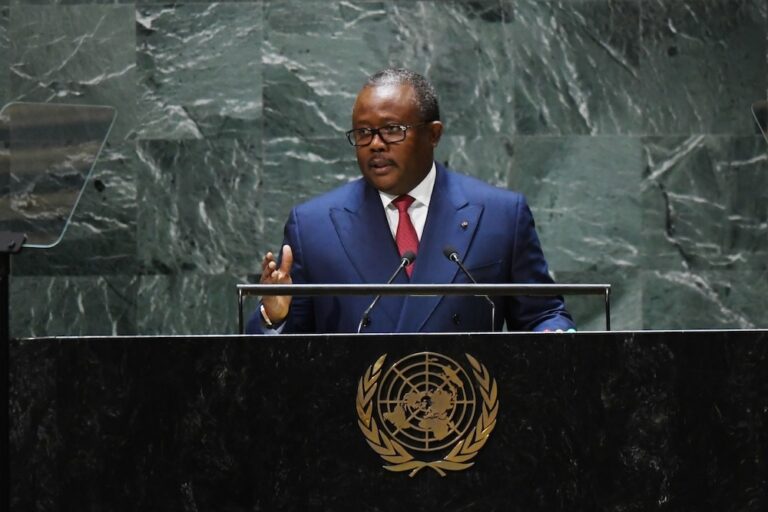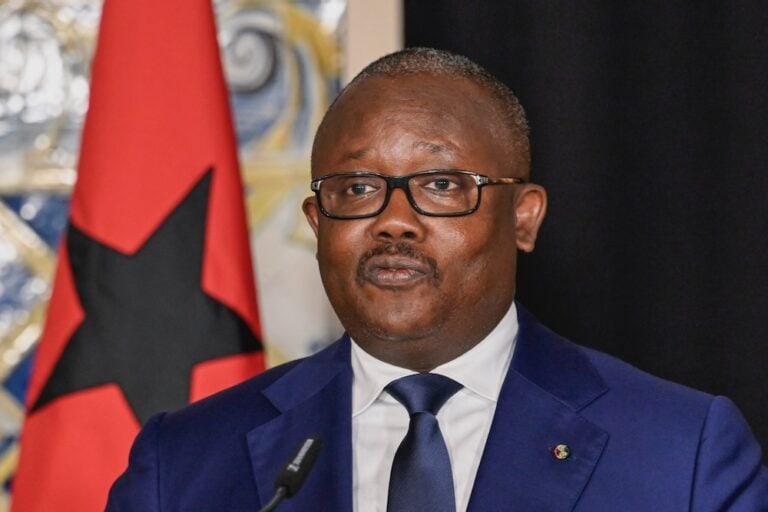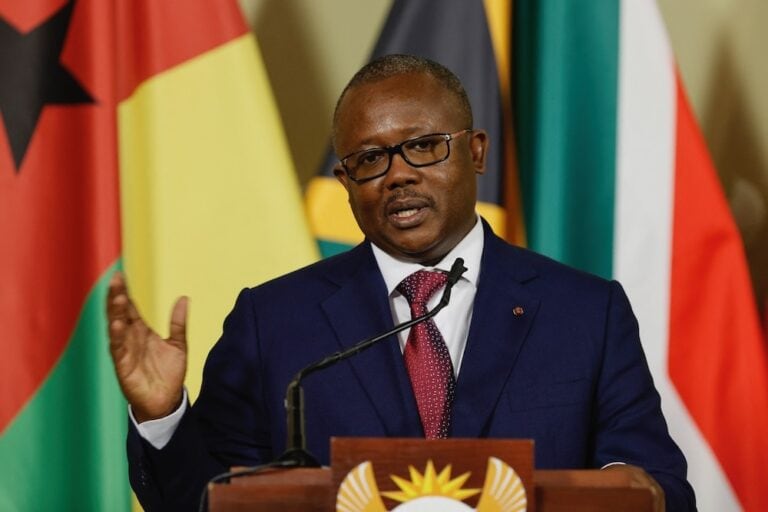Guinea-Bissau radio broadcaster Adão Ramalho narrowly escapes an abduction, just weeks after journalist António Aly Silva was kidnapped and assaulted.
This statement was originally published on cpj.org on 30 March 2021.
Authorities in Guinea-Bissau should investigate the assault and attempted abduction of journalist Adão Ramalho, and ensure that those responsible are held to account, the Committee to Protect Journalists said today.
On March 12, in the capital, Bissau, five armed men in plain clothes attacked and tried to abduct Ramalho, a reporter for the local broadcaster Radio Capital FM, while he was covering the return of exiled opposition leader Domingos Simões Pereira, according to the journalist, who spoke to CPJ via messaging app, and media reports.
The men beat Ramalho with their rifles, punched and kicked him, and tried to shove him into an unmarked vehicle, he said. He resisted, and bystanders intervened and pulled him away from the attackers.
On March 18, Ramalho filed a complaint to the public prosecutor’s office, which CPJ reviewed. In the complaint, he identifies one of the attackers as “Yaya Camara,” a member of the country’s presidential guard. Ramalho told CPJ that a bystander had recognized Camara during the attack and called out his name, and that Camara had responded.
Previously, on March 9, a group of four unidentified men abducted, robbed, and beat journalist António Aly Silva in Bissau, as CPJ documented at the time. Silva told CPJ that he suspected the attack may have been linked to a recent article he had written criticizing the administration of President Umaro Sissoco Embaló.
“This attempt to abduct yet another journalist in Guinea-Bissau shows that journalists perceived to be critical of President Umaro Sissoco Embaló are working under immense risk,“ said Angela Quintal, CPJ’s Africa program coordinator, in New York. “Embaló must ensure press freedom is respected and encouraged in Guinea-Bissau by guaranteeing that those responsible for targeting Capital FM journalist Adão Ramalho are speedily arrested and face the full force of the law.”
Ramalho reports for Capital FM and hosts “Primeira Hora,” a news program that covers social and economic topics, and is often critical of government, according to Capital FM director Lassana Cassamá, who spoke to CPJ via messaging app.
Ramalho told CPJ that he was covering a press conference by Pereira and parked his car nearby as directed by a police officer. While he was organizing his backpack in the car, the men attacked him, dragged him from his vehicle, and attempted to force him into an unmarked white vehicle, he said, adding that the vehicle matched the description of the one used in Silva’s abduction earlier this month.
Ramalho told CPJ that the men broke his glasses and cellphone in the attack. He also sustained an edema and ulcer to his left eye, which required a week of medical treatment, according to a medical report the journalist filed with authorities, which CPJ reviewed.
Contacted by phone and email, presidential spokesperson Pamela Ferreira referred CPJ to President Embaló’s previous comments on the alleged involvement of a member of his guard in the attack.
According to media reports, the president had condemned the attack and said that Guinea-Bissau did not have a culture of abducting journalists. He claimed that the guard who was identified as one of the assailants had accompanied him to Senegal and was not in the country at the time of the assault.
Contacted by CPJ over messaging app, Queba Coma, a spokesperson for the prosecutor’s office, said that authorities are investigating the attempted abduction, as well as the attack on Silva and last year’s vandalism attack on Radio Capital FM, which CPJ documented. Coma said the investigations were still in the inquiry phase, and details could therefore not be made public.
Indira Baldé, head of the local journalists’ union, known as SINJOTECS, told CPJ via messaging app that the attack signaled that Guinea-Bissau was increasingly unsafe for journalists. Bubacar Turé, the vice-president of the nonprofit Guinean Human Rights League, told CPJ in a phone interview that the violence against journalists and other citizens in the country were organized by groups emboldened by the government’s treatment of such issues.



